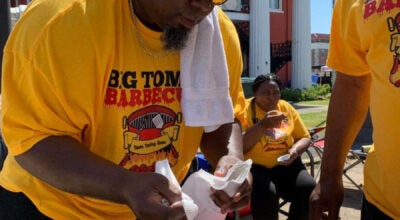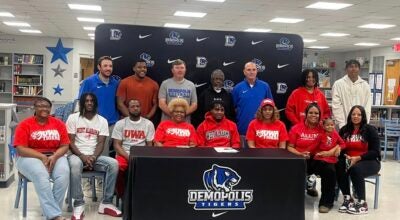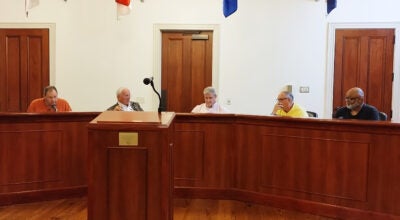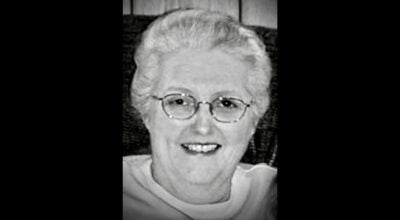Hospital to outsource ambulance service
Published 10:41 pm Friday, April 3, 2009
The board of directors at Bryan W. Whitfield Memorial Hospital voted on Tuesday to outsource its ambulance service to AmStar, a locally-owned organization headed by Kevin Horne and Mitchell Snipes.
Snipes is currently the director of emergency medical response services at BWWMH. The transition day to move from the Tombigbee Emergency Medical Services to AmStar will be Monday, May 4.
“We had six other entities bid on it,” said BWWMH chief executive officer Mike Marshall. “The board felt that keeping it local would be the best thing. I really believe that the citizens of the county will see no difference. They have committed to hiring our people and continuing to operate it just like we’re operating it. The office will still be based on-site here, and the Linden office will stay down where it is, in the building that we own down there, where Dr. [Ronnie] Chu is located.
“It should be pretty transparent. The only thing that will change is the name on the ambulances.”
Marshall said that no documents have been formally signed yet to seal the agreement.
Marshall said that the board decided to outsource the ambulance service because the hospital was consistently losing money on its previous ambulance service.
“We couldn’t afford to keep it going,” he said. “Especially now. You see stories in the Birmingham newspapers, and I get a clip service for the hospital association every day, and probably three times a week, there’s a story in there about hospitals that are downsizing, laying off, reducing services — the whole nine yards. Hospitals are feeling it, just like everybody else.
“Our bad debt and indigent care percentages are going up — that hasn’t hit us as bad here as it has in urban areas — but elective procedures that you make a little bit of money on to help offset the loss are going down. So, we had an increase in bad money and a decrease in good money — one exacerbates the other.”
Marshall added that the board took a lot into consideration before making the decision.
“We are always looking at everything we do,” he said. “If it’s a non-profitable product line, is it an essential service to the community? If it’s an essential service, can we afford to keep on operating it? Or, in this case, the other option was to find somebody else who thought they could keep it viable. That’s what led us to this decision.
“The bids were almost all identical in many areas, but the board felt like keeping it local was the best thing to do.”





